Why Gardening is the Perfect Hobby for Seniors Living with Arthritis
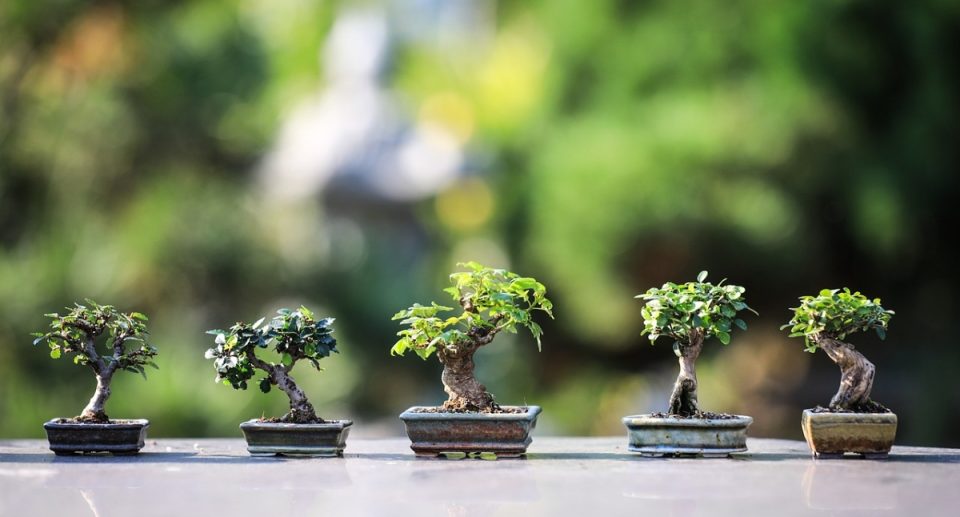
Arthritis is a common condition that affects many seniors, often causing pain, stiffness, and reduced mobility in the joints. While arthritis can make some activities more challenging, gardening stands out as an ideal hobby for seniors living with this condition. Not only does gardening offer physical, mental, and emotional benefits, but it can also be adapted to meet the needs of those with arthritis. This article explores why gardening is the perfect hobby for seniors with arthritis and offers practical tips for making gardening more accessible and enjoyable.
1. Physical Benefits of Gardening for Arthritis
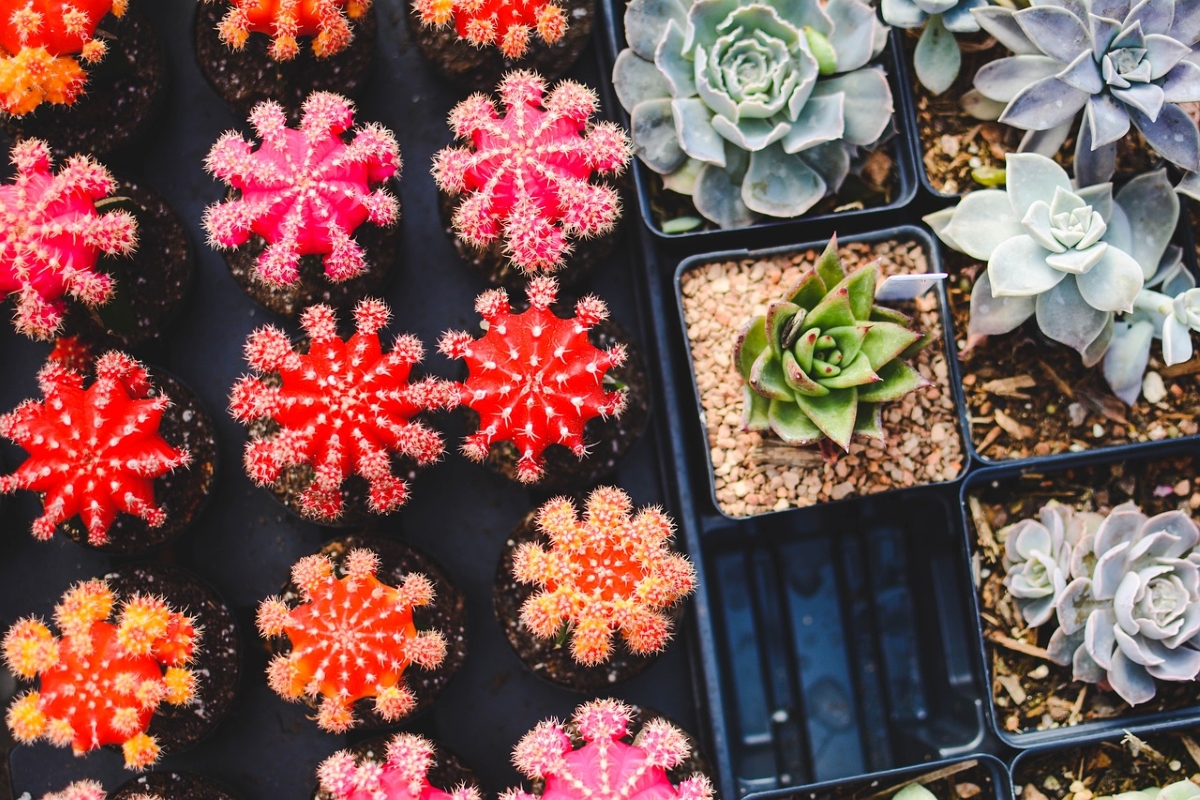
A. Gentle Exercise for the Joints
Gardening offers a form of low-impact exercise that can help improve flexibility, strength, and overall joint health. Unlike high-impact exercises that may strain the joints, gardening involves gentle movements like digging, planting, and watering, which promote mobility without putting excessive pressure on the joints. These activities help maintain joint flexibility and muscle strength, which are crucial for managing arthritis symptoms.
- Strengthening Muscles: Lifting small tools, digging, and carrying light pots help strengthen muscles around the joints, providing better support and reducing strain on the affected areas.
- Improving Flexibility: Reaching to trim plants, bending to water, or stretching to plant seeds encourages gentle movement in the joints, promoting flexibility.
B. Reducing Joint Stiffness
Physical activity helps reduce joint stiffness, a common issue for those with arthritis. Regular gardening can improve circulation and promote the flow of synovial fluid to the joints, which helps reduce stiffness and discomfort. The more seniors move their joints during gardening activities, the more limber they become, leading to an improved range of motion over time.
2. Mental and Emotional Benefits of Gardening
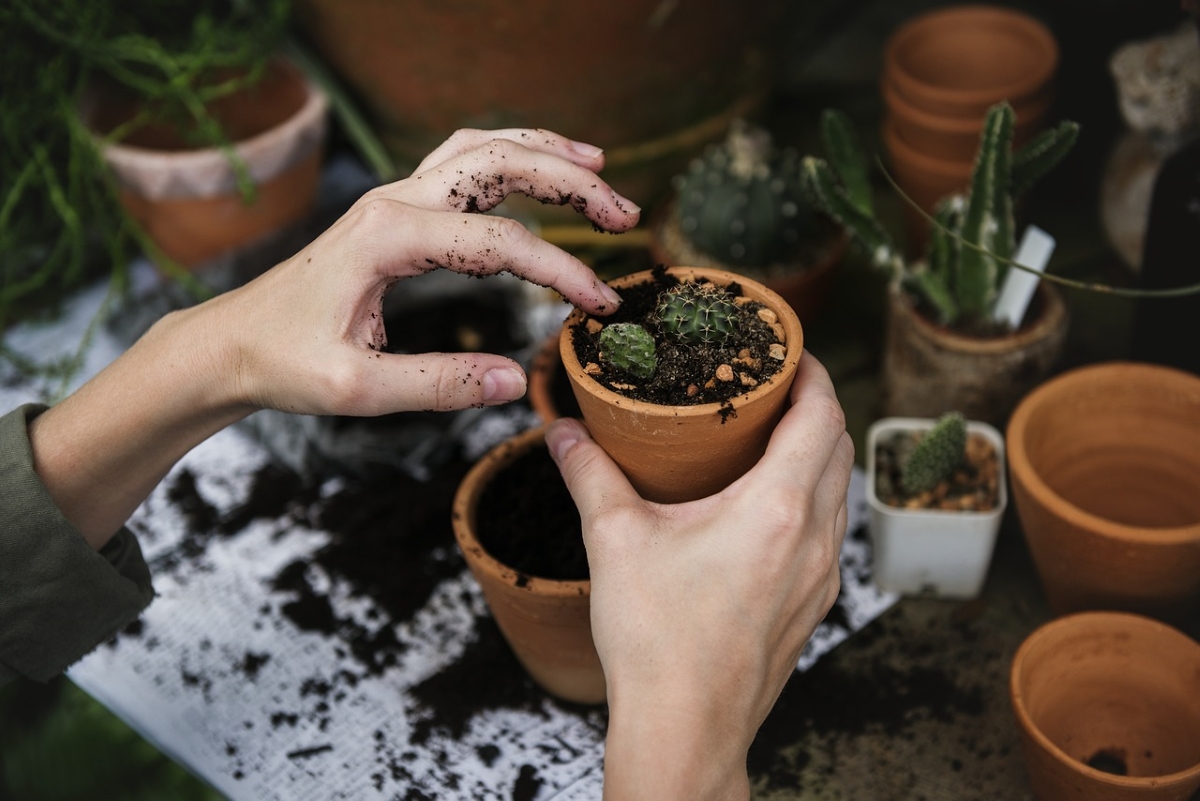
A. Stress Relief and Relaxation
Living with arthritis can be emotionally taxing, leading to stress and frustration. Gardening offers a calming and therapeutic environment that helps seniors relax. The repetitive actions of gardening, such as watering plants or pulling weeds, can have a meditative effect, helping to relieve stress and anxiety. Being surrounded by nature and engaging with plants has been shown to reduce cortisol levels, leading to a more peaceful and content mindset.
B. A Sense of Accomplishment
Completing even small tasks in the garden can provide a sense of achievement and satisfaction. For seniors with arthritis, the ability to tend to plants, grow vegetables, or maintain a flower bed offers a boost in self-confidence. Gardening also fosters a sense of purpose, as seniors can witness the fruits of their labor in the form of blossoming flowers or homegrown produce. This sense of accomplishment can lead to improved emotional well-being, helping to counter feelings of frustration that may come with arthritis.
C. Social Engagement
Gardening doesn’t have to be a solitary activity. Many seniors enjoy gardening with friends and family members or in community gardens. The social interaction that comes with gardening can lift spirits and reduce feelings of loneliness or isolation, which are common among older adults, particularly those managing chronic conditions like arthritis. Involvement in community gardening projects also promotes teamwork and a shared sense of purpose.
3. Tips for Making Gardening Accessible for Seniors with Arthritis
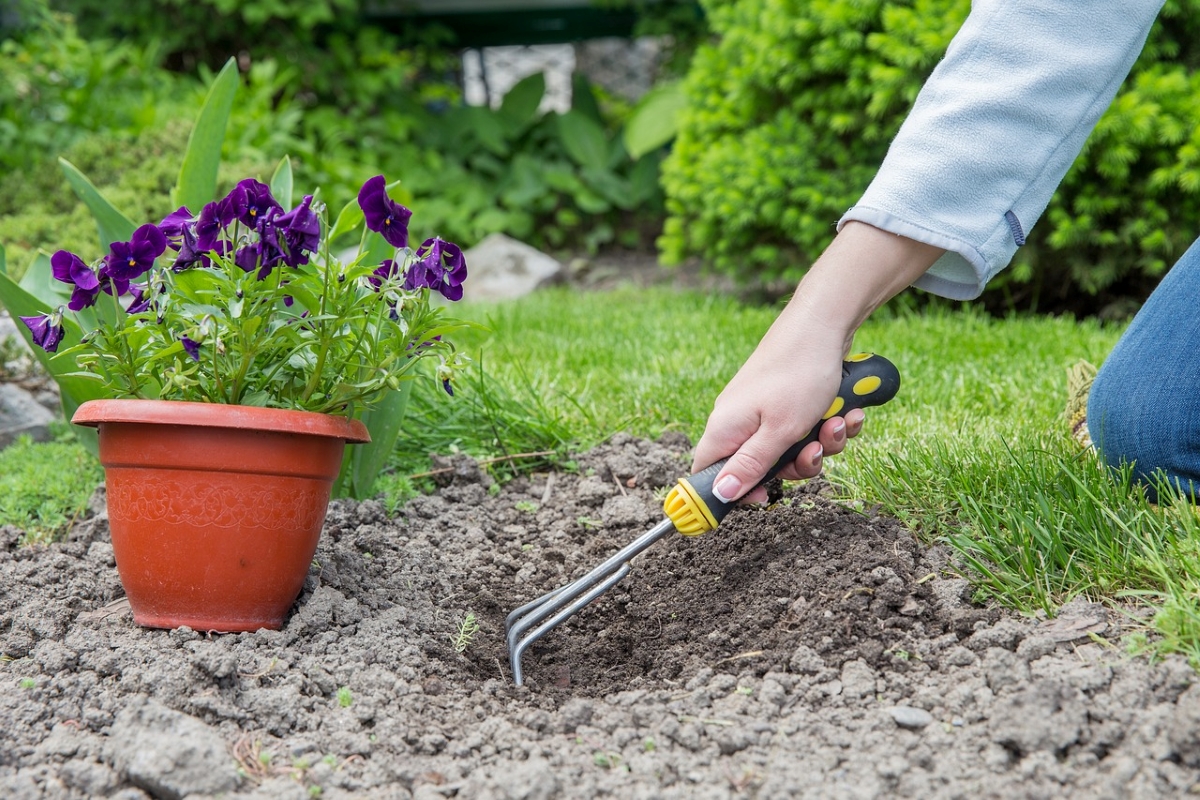
A. Use Ergonomic Tools
To reduce strain on arthritic joints, it’s essential to use the right tools. Ergonomic gardening tools are designed to reduce pressure on the hands, wrists, and other joints. Look for tools with cushioned, non-slip grips and longer handles to minimize bending or reaching. Adaptive tools, such as pruners with a ratchet mechanism, require less force to operate, making them more arthritis-friendly.
B. Incorporate Raised Garden Beds and Containers
Raised garden beds and containers offer an excellent solution for seniors with arthritis who may have difficulty bending or kneeling. By elevating the garden to a comfortable height, seniors can tend to their plants without straining their backs or knees. Raised beds also allow for better control over soil quality and drainage, which can lead to healthier plants with less maintenance.
C. Take Frequent Breaks
Gardening should be an enjoyable and therapeutic activity, not a source of pain or fatigue. Seniors with arthritis should take regular breaks to rest their joints and avoid overexertion. Breaking up gardening tasks into smaller, manageable sessions can help prevent flare-ups and keep the activity enjoyable.
D. Invest in Seating Solutions
Kneeling can be particularly challenging for seniors with arthritis, so using kneeling pads or garden benches with built-in seats can provide comfort during planting or weeding. These options allow seniors to sit while they work, minimizing pressure on their knees and hips. Some garden stools even come with wheels, enabling seniors to move around the garden without needing to stand.
4. Choosing the Right Plants for Arthritis-Friendly Gardening
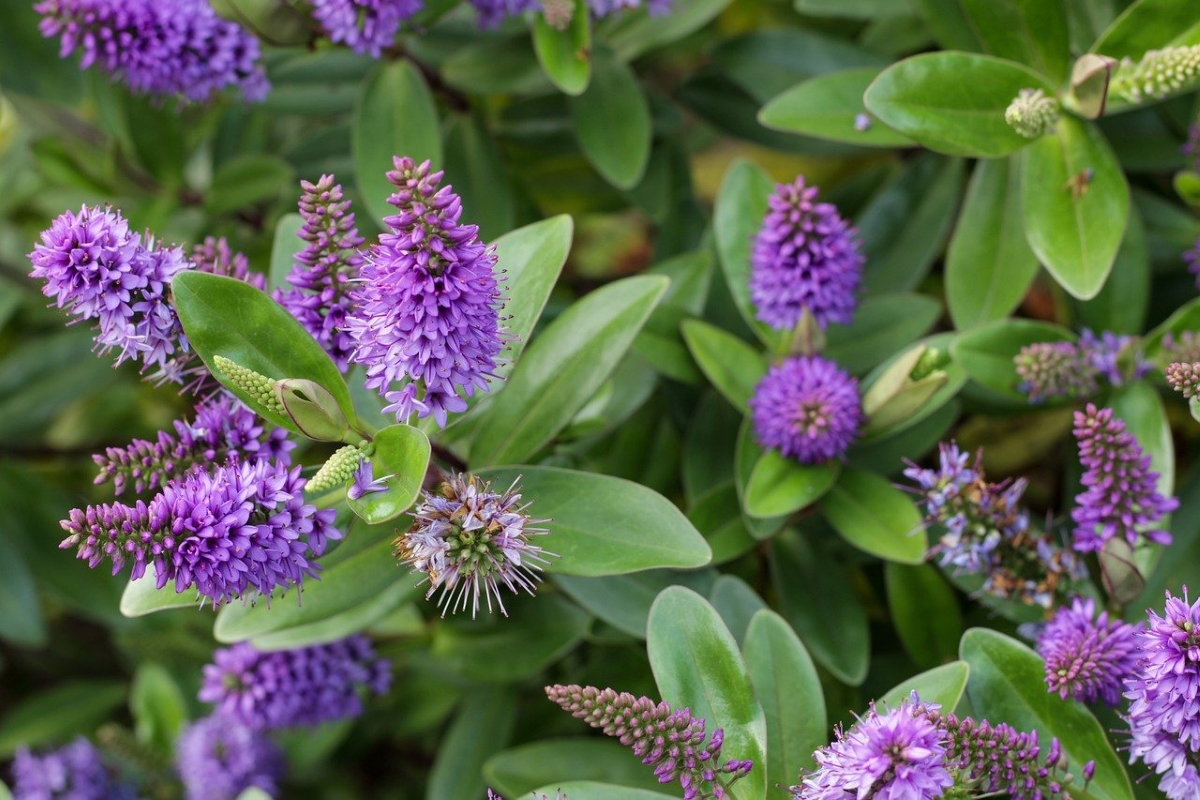
A. Low-Maintenance Plants
Selecting low-maintenance plants can make gardening more manageable for seniors with arthritis. Choose plants that require minimal pruning, watering, and care, such as succulents, herbs, or perennials. These plants are hardy, resilient, and require less frequent attention, reducing the amount of physical effort needed to maintain the garden.
B. Consider Planting in Containers
Container gardening is an excellent option for seniors with arthritis because it allows for better control over the garden’s layout, positioning, and maintenance. Containers can be placed on raised surfaces, reducing the need to bend or kneel. Additionally, container gardening allows seniors to control soil composition and watering more easily, creating an arthritis-friendly gardening experience.
C. Native Plants
Native plants are well-adapted to local climates and soil conditions, making them easier to grow and care for. By planting native flowers, shrubs, or ground covers, seniors can enjoy the beauty of their garden without the need for extensive maintenance. These plants are typically more resistant to pests and diseases, further reducing the need for intervention.
5. Emotional Well-Being Through Connection with Nature
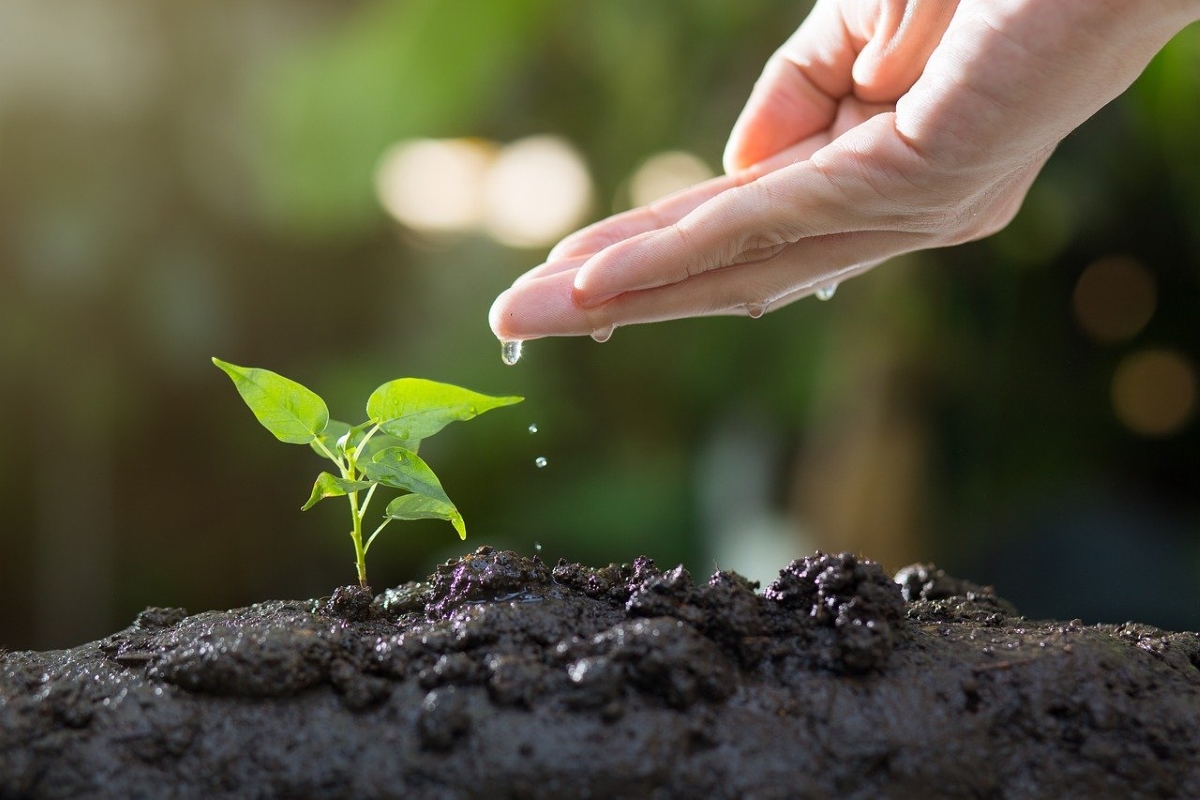
A. Improving Mood and Reducing Anxiety
Spending time in nature has been shown to improve mood and reduce feelings of anxiety and depression, both of which can be exacerbated by chronic pain conditions like arthritis. Gardening allows seniors to connect with the natural world, fostering a sense of calm and well-being. The garden’s vibrant colors, pleasant scents, and fresh air can provide a natural form of therapy that lifts the spirit and soothes the mind.
B. Promoting Mindfulness
Gardening encourages mindfulness by allowing seniors to focus on the present moment. Tending to plants, observing growth, and experiencing the sensory aspects of the garden—such as the feel of the soil or the sound of birds—can help seniors stay engaged and mentally active. This mindfulness practice is particularly helpful for managing pain, as it can shift focus away from discomfort and toward positive, rewarding experiences.
Conclusion
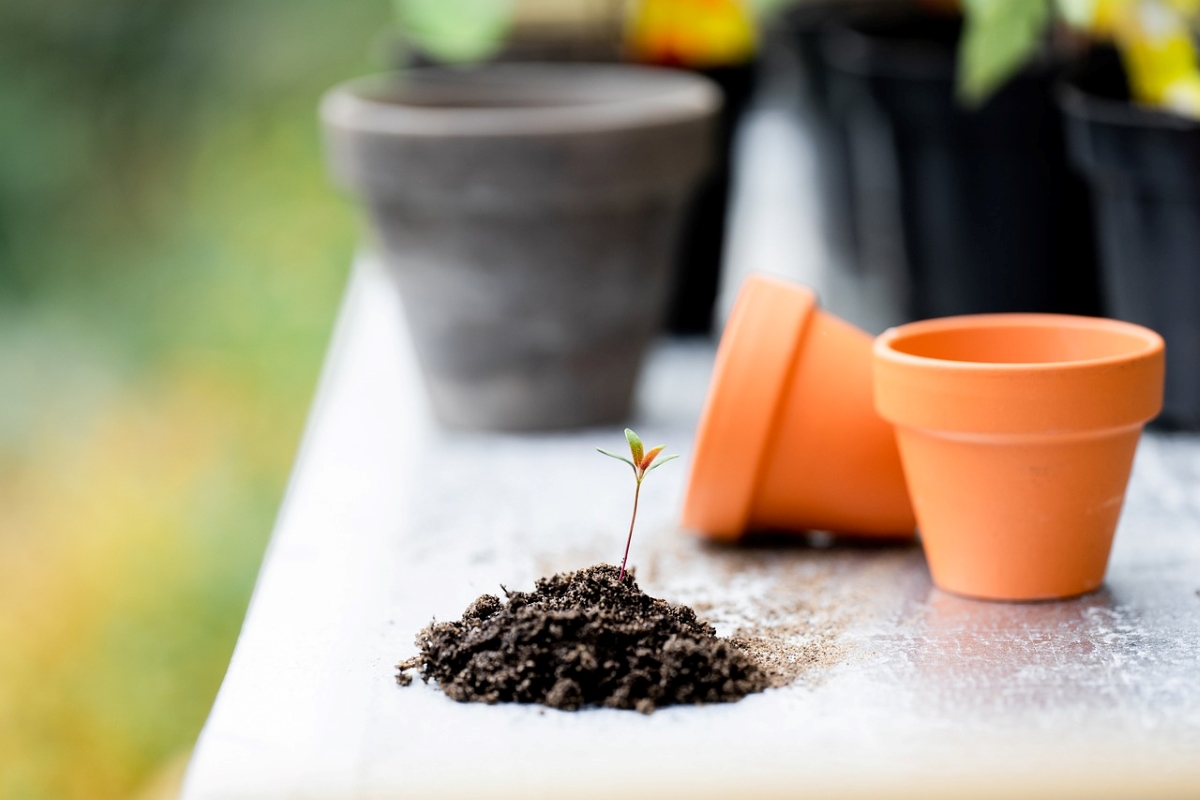
Gardening is the perfect hobby for seniors living with arthritis. Its gentle physical demands, emotional benefits, and adaptability make it an enjoyable and therapeutic activity. With the right tools, techniques, and plant choices, gardening can be accessible and fulfilling, providing physical and mental relief for those managing arthritis. Whether growing flowers, herbs, or vegetables, seniors can find joy, relaxation, and a sense of purpose in their gardens, all while maintaining mobility and reducing joint pain. So grab your ergonomic tools, head out to the garden, and experience the healing power of nature!





